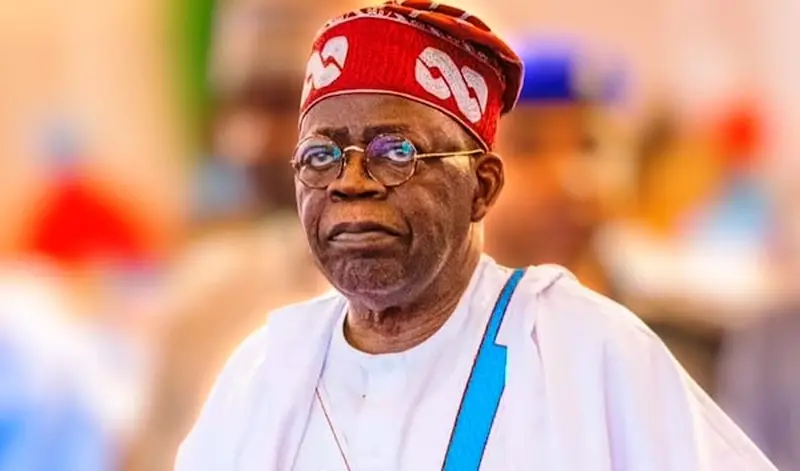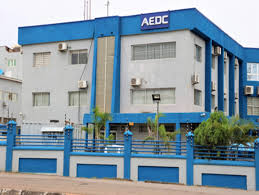DRC Prosecutor Seeks Death Penalty for Former President Joseph Kabila

A military prosecutor in the Democratic Republic of the Congo (DRC) has called for the death penalty for former President Joseph Kabila, who is on trial in absentia for war crimes, treason, and plotting to overthrow the government.
Speaking at a military court on Friday, General Lucien René Likulia, the DRC’s military auditor general, urged judges to condemn Kabila for crimes including homicide, torture, and inciting insurrection. The charges are tied to the former president’s alleged support for the M23 rebel group, which has seized large portions of eastern DRC in recent months.
Kabila, who ruled the DRC from 2001 to 2019, is accused of collaborating with Rwanda to support M23 fighters in their campaign to destabilise the mineral-rich eastern region. He has been living abroad, primarily in South Africa, since 2023, and denies all allegations.
Accusations Tied to M23 Offensive
The indictment, seen by AFP, links Kabila to a series of violent events, including the forcible capture of Goma by M23 in January. He is also accused of leading efforts to topple President Félix Tshisekedi and of founding the Congo River Alliance (AFC), described by authorities as the political wing of M23.
The military prosecution alleges Kabila colluded with Rwandan officials to launch a “forceful overthrow of the government” and holds him responsible for atrocities committed by M23 in North and South Kivu provinces.
Kabila’s appearance in rebel-held territory in May — where he met local religious leaders in the presence of M23 spokesperson Lawrence Kanyuka — was cited as further evidence of his connection to the group.
Rwanda has denied involvement, though UN experts report that the Rwandan military has played a “critical” role in M23’s resurgence.
Political Fallout
Kabila has denounced the trial as politically motivated, calling it “an instrument of oppression.” His party, the Common Front for Congo (FCC), echoed his claims, labelling the prosecution an act of “relentlessness and persecution.”
In April, Kabila announced plans to return to the DRC to “promote peace” in the embattled east. The government responded swiftly by banning his party and freezing his assets. The DRC Senate lifted his immunity in May, clearing the way for prosecution.
Despite the DRC lifting its moratorium on capital punishment last year, no executions have been carried out in decades. Human rights organisations have raised concerns about the return of the death penalty amid heightened political tensions.
Regional and International Implications
Kabila’s trial comes at a volatile time for the DRC, with the government struggling to contain multiple armed groups operating in the east. The conflict has intensified since the re-emergence of M23 in 2021, displacing hundreds of thousands and drawing international concern.
Although Kabila left office in 2019 and has since resided abroad, he remains a significant political figure. He has frequently criticised President Tshisekedi’s administration, accusing it of authoritarianism and mismanagement.
As the trial continues, the DRC faces growing scrutiny over its use of the judiciary in politically sensitive cases, and whether this marks a legitimate effort at accountability — or a purge of opposition figures ahead of the 2026 general elections.
Sources: 22 August 2025 | By Al Jazeera



